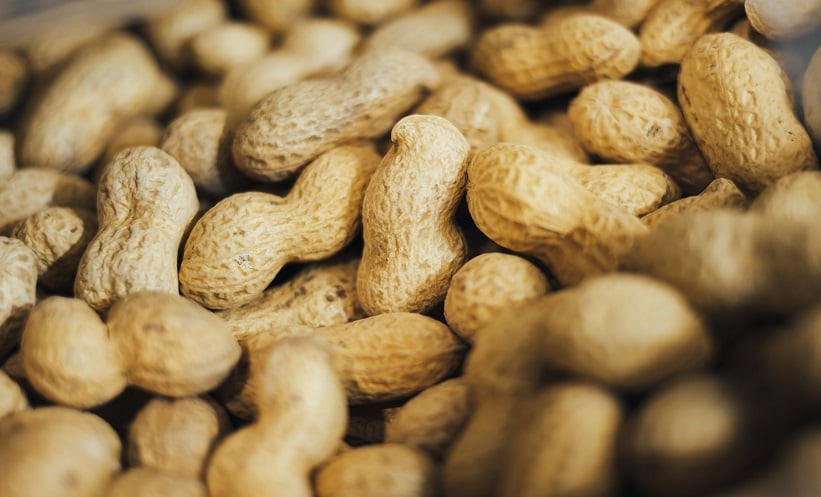IN 2019, researchers from the University of British Columbia, Canada, demonstrated that preschool children can safely overcome peanut allergies using oral immunotherapy. Now, results from the latest real-world study have shown that the earlier preschool children start this treatment, the better.
The trial assessed outcomes for a group of 69 infants among a larger cohort of 452 children aged 5 years and under. Study participants visited a paediatric allergist in a clinic approximately every 2 weeks to receive a peanut dose. In addition, parents gave the same daily dose at home between visits. After between eight and 11 clinic visits, the children had built up to a maintenance dose of 300 mg of peanut protein.
In total, 42 infants completed the build-up period plus 1 year of maintenance dosing. At the end of it, none experienced more than a mild reaction to a 4,000 g dose of peanut protein compared with 7.7% of children aged 1–5 years who completed the protocol. Prior to initiating treatment, infants were shown to be at less risk than toddlers and preschool children. During the initial testing phase, only 33.9% of infants had a reaction beyond mild relative to 53.7% of those aged 1–5 years.
With regard to effectiveness, the treatment was shown to work equally well among both age groups. After a year of one peanut per day, approximately 80% of children had developed a tolerance for 4,000 mg of peanut protein in one sitting.
Senior author Edmond Chan summarised the research findings: “This treatment is affordable, very safe, and highly effective, particularly if we can get the treatment going before the infant is 12 months old.” Chan added: “Despite infants showing the best safety, we were still very satisfied with the safety of this treatment for older pre-schoolers. The risk of a severe reaction is much lower than it is for school-age kids.”
Going forward, oral immunotherapy could be offered by healthcare practitioners as soon as possible after failed food allergy during infancy.






